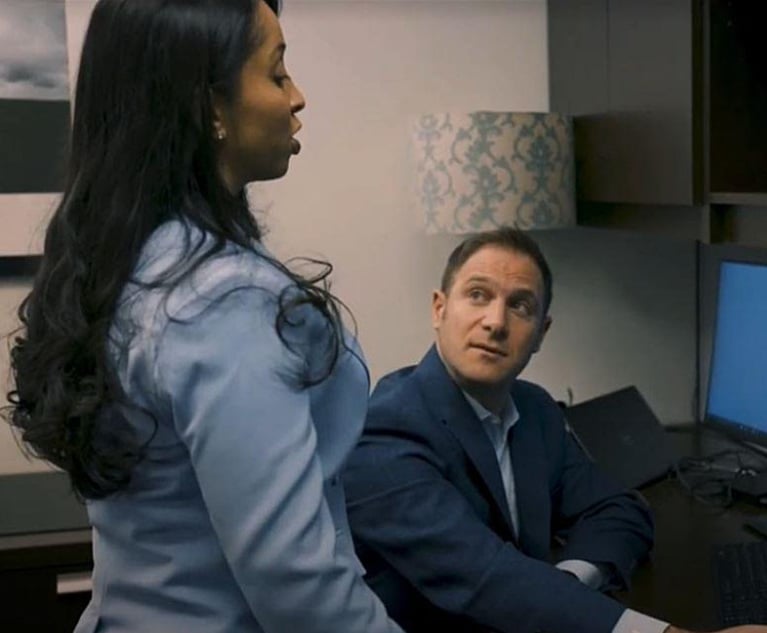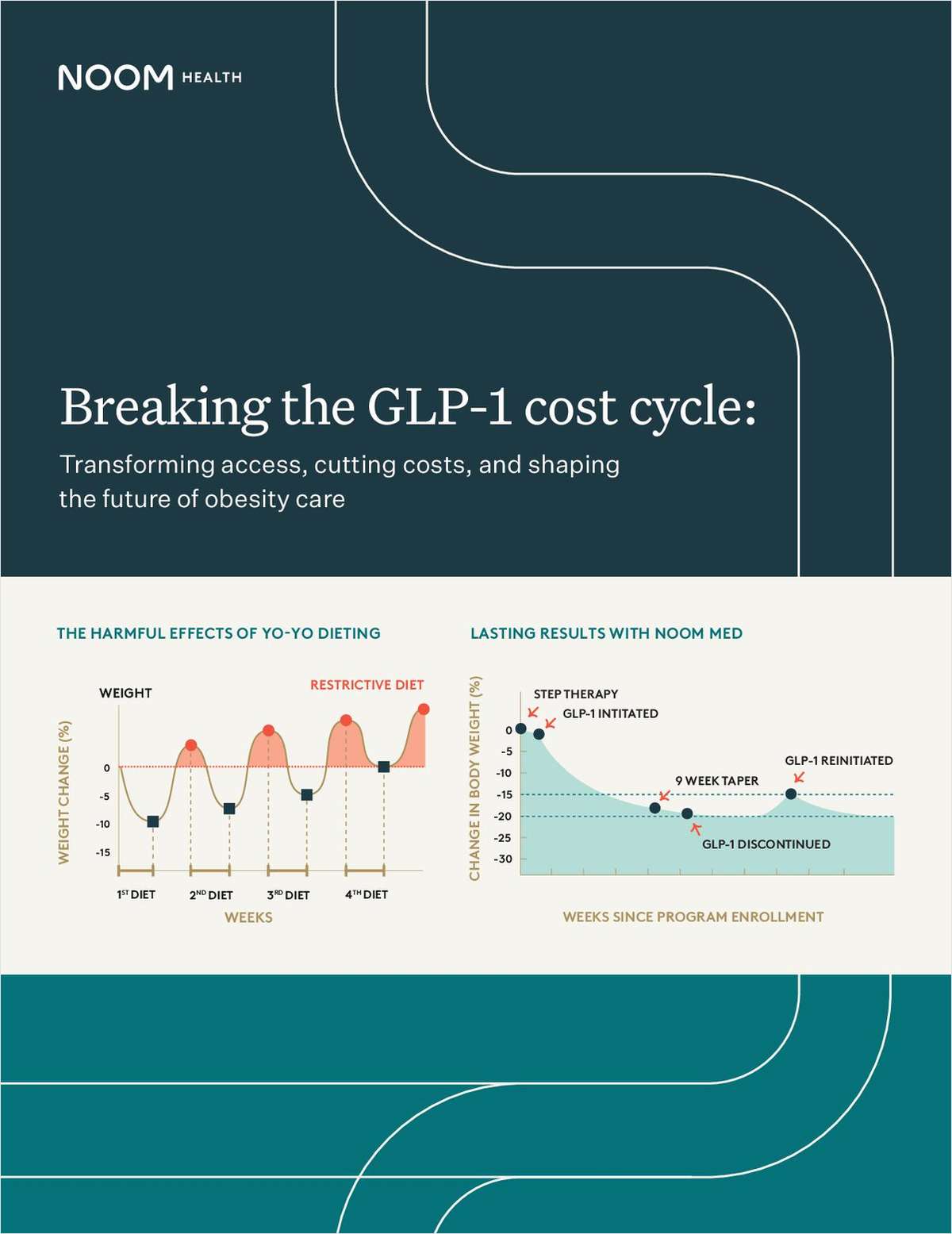Who Owns What? Responding to Requests for Client Files
A question many practitioners may face is who “owns” the documents and other material made and stored during the course of a representation: the client, the attorney or the attorney's law firm?
March 01, 2018 at 11:04 AM
5 minute read

A question many practitioners may face is who “owns” the documents and other material made and stored during the course of a representation: the client, the attorney or the attorney's law firm? The answer to that question may dictate whether or when and to whom such information must be disclosed.
This issue can be even more complicated when considering requests for the file—from a client or third party—with regard to work-product materials created by the attorney during the course of the representation. Unlike communications that may be protected by the attorney-client privilege, the work-product doctrine, as recognized by the U.S. Supreme Court in Hickman v. Taylor, generally relates to materials that reflect the attorney's thoughts, observations, strategy, or other mental processes.
It is fairly routine for a client or a client's new counsel to request the pleadings, briefs and communications from the client file. Typically, this is a fairly straightforward issue. But it can become complicated if the client also requests production of nonpublic documents, including the attorney's own work that may otherwise be protected by the work-product doctrine.
Indeed, former or current clients may make a demand for all material from their files, including outlines, drafts, memoranda, legal research and at times the attorney's written or transcribed notes. In receiving such a request, lawyers can consider the following issues in determining which materials are part of the client file and which files lawyers may be permitted to withhold.
Identify the Author of the Work Product
A first step that can help shape the inquiry is to identify the “author” of the materials at issue.
Generally, most documents in the client file will have been created by one of two individuals: the attorney or the client. In other cases, different types of representations may involve an array of people that had a role in creating work-product documents.
Connecticut is unique in limiting the scope of work-product protection. Connecticut courts have declined to extend the work-product privilege to statements from nonattorneys, such as real estate appraisals and witness statements. In other circumstances, courts have found an investigator's file is protected by the privilege. An expert's work product can be even more complicated, as court decisions have split over whether an expert's draft reports or communications are protected by the work-product privilege.
When determining which documents and material in the client file is protected, therefore, many attorneys will take the first step of identifying who created the work product.
Classifying Work Product—General or Opinion
After identifying the individual that created the work product, a second consideration is what type of work product is at issue. In many instances, attorneys discussing or reviewing attorney work product will characterize it as one of two types: (1) “general” work product or (2) “opinion” work product.
Documents and tangible things prepared in anticipation of litigation by the party or party's representatives are usually considered to be general work product. This typically involves the recordation or preservation of data (such as an impartial written summary of a witness statement, without analysis of that statement's relevance or impact), rather than the attorney's strategy or thoughts about the evidence at issue. On the other hand, opinion work product generally relates to litigation or trial preparation materials that contain the mental impressions, conclusions, opinions, or legal theories tied to the at-issue litigation by the party's lawyer or other representative.
In determining whether work product is general work product or opinion work product, a court may conduct an in camera review to ascertain the purpose for the materials. Notably, opinion work product is generally afforded absolute protection from production to third parties. Practice Book Section 13-3(a). But the protection afforded to general work product can be overcome in some circumstances by a third party's showing of substantial need. Id.
When an attorney is requested to produce to a client certain work-product materials, as opposed to a request from a third party, it can be a tricky issue. Rule 1.16(d) of the Connecticut Rules of Professional Conduct generally call on attorneys to “surrender[] papers and property to which the client is entitled,” noting that “[t]he lawyer may retain papers relating to the client to the extent permitted by other law.”
Courts nationwide are split regarding whether work-product materials prepared by an attorney during the scope of the representation belong to the client. Informal Opinion No. 03-02 has suggested that attorneys are permitted to withhold work product and notes from a file turned over to the client's new attorneys.
Take Steps to Prevent Inadvertently Waiving the Privilege
Similar to the attorney-client privilege, the work-product protection can be waived. Generally, whether a waiver of the work-product protection has occurred depends on whether the protected documents or material were disclosed in a way that would not maintain their secrecy from an opposing party. Thus, typically parties may share work product materials with those with whom they share a common legal interest without risk of a waiver, but disclosure to others may result in a waiver.
Notably, it can be harder for attorneys to argue after disclosure has occurred that the work-product privilege was not waived. Thus, many attorneys facing this issue will give additional consideration to whether work-product materials can be redacted or modified, or whether a shared legal interest should be documented in an agreement with a third party, to help preserve protection in the event that the material is shared in a limited universe for a strategic purpose.
Alanna Clair is a senior managing associate at Dentons and focuses on professional liability defense. Shari Klevens is a partner at Dentons and serves on the firm's U.S. board of directors. Clair and Klevens are co-authors of “The Lawyer's Handbook: Ethics Compliance and Claim Avoidance.”
This content has been archived. It is available through our partners, LexisNexis® and Bloomberg Law.
To view this content, please continue to their sites.
Not a Lexis Subscriber?
Subscribe Now
Not a Bloomberg Law Subscriber?
Subscribe Now
NOT FOR REPRINT
© 2025 ALM Global, LLC, All Rights Reserved. Request academic re-use from www.copyright.com. All other uses, submit a request to [email protected]. For more information visit Asset & Logo Licensing.
You Might Like
View All
Connecticut's Wiggin and Dana Absorbs Boca Raton Trusts and Estates Boutique
3 minute read
Law Firm Leaders Say Gen AI Can Level Playing Field Between Large and Smaller Firms
6 minute read
Revenue Up 11.2%, PEP Up 22.1% at Akin, as Aggressive Hiring Pays Off
5 minute read
New England's Hinckley Allen Expands Southward, Opening 7th Office in Fort Lauderdale
2 minute readTrending Stories
- 1Law Firms Expand Scope of Immigration Expertise, Amid Blitz of Trump Orders
- 2Latest Boutique Combination in Florida Continues Am Law 200 Merger Activity
- 3Sarno da Costa D’Aniello Maceri LLC Announces Addition of New Office in Eatontown, NJ, and Named Partner
- 4Friday Newspaper
- 5Public Notices/Calendars
Who Got The Work
J. Brugh Lower of Gibbons has entered an appearance for industrial equipment supplier Devco Corporation in a pending trademark infringement lawsuit. The suit, accusing the defendant of selling knock-off Graco products, was filed Dec. 18 in New Jersey District Court by Rivkin Radler on behalf of Graco Inc. and Graco Minnesota. The case, assigned to U.S. District Judge Zahid N. Quraishi, is 3:24-cv-11294, Graco Inc. et al v. Devco Corporation.
Who Got The Work
Rebecca Maller-Stein and Kent A. Yalowitz of Arnold & Porter Kaye Scholer have entered their appearances for Hanaco Venture Capital and its executives, Lior Prosor and David Frankel, in a pending securities lawsuit. The action, filed on Dec. 24 in New York Southern District Court by Zell, Aron & Co. on behalf of Goldeneye Advisors, accuses the defendants of negligently and fraudulently managing the plaintiff's $1 million investment. The case, assigned to U.S. District Judge Vernon S. Broderick, is 1:24-cv-09918, Goldeneye Advisors, LLC v. Hanaco Venture Capital, Ltd. et al.
Who Got The Work
Attorneys from A&O Shearman has stepped in as defense counsel for Toronto-Dominion Bank and other defendants in a pending securities class action. The suit, filed Dec. 11 in New York Southern District Court by Bleichmar Fonti & Auld, accuses the defendants of concealing the bank's 'pervasive' deficiencies in regards to its compliance with the Bank Secrecy Act and the quality of its anti-money laundering controls. The case, assigned to U.S. District Judge Arun Subramanian, is 1:24-cv-09445, Gonzalez v. The Toronto-Dominion Bank et al.
Who Got The Work
Crown Castle International, a Pennsylvania company providing shared communications infrastructure, has turned to Luke D. Wolf of Gordon Rees Scully Mansukhani to fend off a pending breach-of-contract lawsuit. The court action, filed Nov. 25 in Michigan Eastern District Court by Hooper Hathaway PC on behalf of The Town Residences LLC, accuses Crown Castle of failing to transfer approximately $30,000 in utility payments from T-Mobile in breach of a roof-top lease and assignment agreement. The case, assigned to U.S. District Judge Susan K. Declercq, is 2:24-cv-13131, The Town Residences LLC v. T-Mobile US, Inc. et al.
Who Got The Work
Wilfred P. Coronato and Daniel M. Schwartz of McCarter & English have stepped in as defense counsel to Electrolux Home Products Inc. in a pending product liability lawsuit. The court action, filed Nov. 26 in New York Eastern District Court by Poulos Lopiccolo PC and Nagel Rice LLP on behalf of David Stern, alleges that the defendant's refrigerators’ drawers and shelving repeatedly break and fall apart within months after purchase. The case, assigned to U.S. District Judge Joan M. Azrack, is 2:24-cv-08204, Stern v. Electrolux Home Products, Inc.
Featured Firms
Law Offices of Gary Martin Hays & Associates, P.C.
(470) 294-1674
Law Offices of Mark E. Salomone
(857) 444-6468
Smith & Hassler
(713) 739-1250










